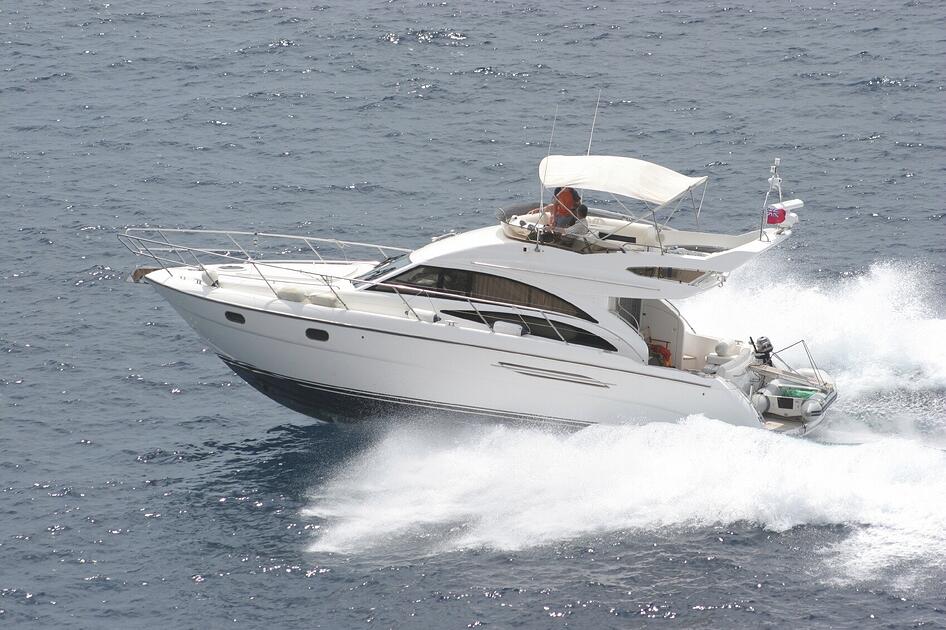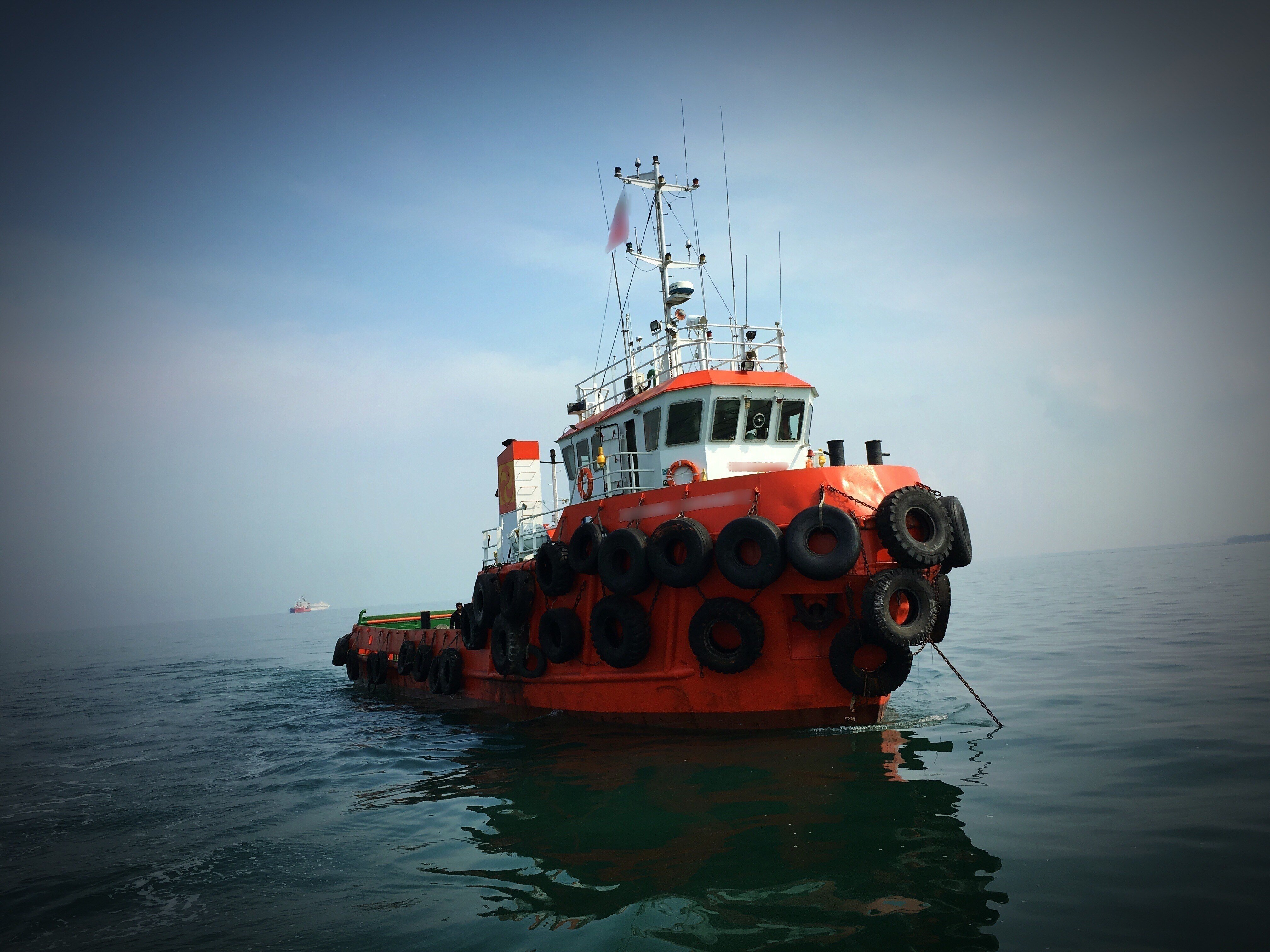Boat Safety Tips and Recommendations from the U.S Coast Guard
If you are a boat owner, it is your responsibility to insure that your boat has the required safety equipment (called carriage equipment by the...

A couple years ago, we shared some advice for boaters from the U.S. Coast Guard on the best ways to be prepared for emergencies while you’re on the water, as well as a reminder on some things you may be legally required to have. Since it’s always good to take advice from the professionals, we thought it might be a good idea to revisit that post.
 The Coast Guard will tell you, your boat’s registration numbers need to be prominently on display. By the rules, this means they should be “permanently attached” or painted on the hull, on each side of the forward half. Letters should be at least 3 inches high in vertical block characters. Numbers should be separated from the letters with either a space or hyphen. And they should be in a color that contrasts from the hull so they can be easily seen.
The Coast Guard will tell you, your boat’s registration numbers need to be prominently on display. By the rules, this means they should be “permanently attached” or painted on the hull, on each side of the forward half. Letters should be at least 3 inches high in vertical block characters. Numbers should be separated from the letters with either a space or hyphen. And they should be in a color that contrasts from the hull so they can be easily seen.
Boats that are 5 tons or greater need documentation. The Coast Guard advises that all boat owners affix documentation numbers to the interior of their boat. The hull should also state the boat’s home port and name in letters a minimum of 4 inches high. And, needless to say, you should always have your registration documents.
You’d have to be really dumb not to have PFDs. You’d also be breaking the law without them, as the Coast Guard is pretty strict about them. Each life jacket should be in good condition and the right size for each person onboard (including any children). They also need to be “in wearable condition” at all times, no matter what. That means if they are new, you take them out of the packaging.
If there was one thing we think we’d forget about, it would be this. Fire on the open water doesn’t occur to many people, but it’s a serious enough hazard that the Coast Guard requires accessible and working fire extinguishers to be on board. This requirement covers boats that have ANY of the following:
Even if your boat doesn’t meet any of these points, it’s still a good idea to have a fire extinguisher. After all, you’ve got a working engine filled with flammable fuel, right?
If your boat is larger than 16 feet and runs in coast waters or on the Great Lakes, you’re required to carry a Visual Distress Signal (VDS) that meets the following requirements:
If your boat is under 16 feet and you plan to run in coastal waters or the Great Lakes between dusk and dawn, you must also carry VDS.
Boats that run on inland waters are not required to carry VDS, but the United States Coast Guard strongly urges you to do so.
Learn from the professionals. The U.S. Coast Guard exists to keep us safe. Following these guidelines are a smart way to stay safe on the water this boating season.

If you are a boat owner, it is your responsibility to insure that your boat has the required safety equipment (called carriage equipment by the...
Cars sure aren't the same as they used to be. In 2014, consumers have a wide choice of vehicles that go faster, get better gas mileage, and are safer...

With Memorial Day this week and the official start of summer, folks are formulating their plans to hit the road for the annual summer road trip. The...